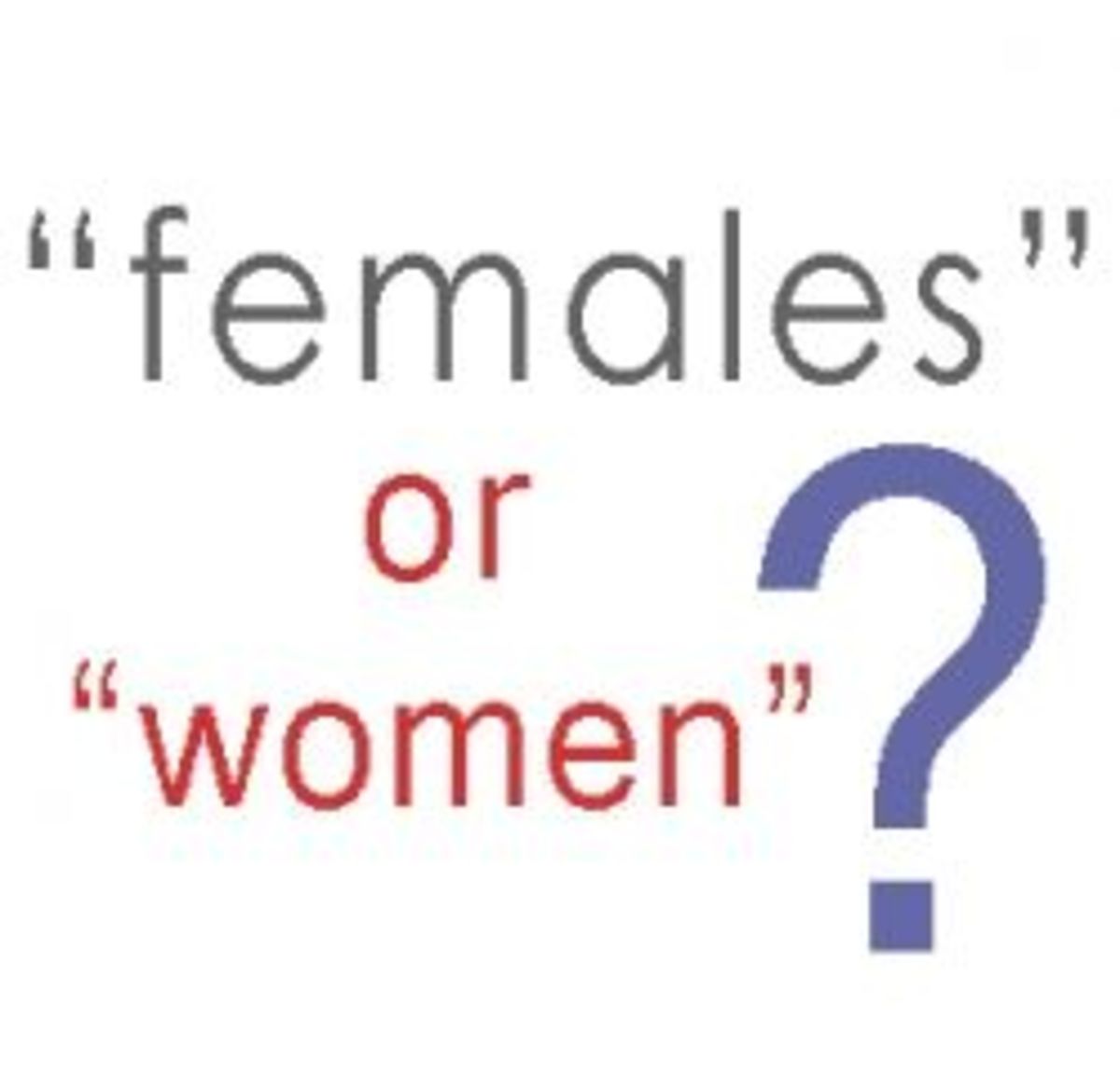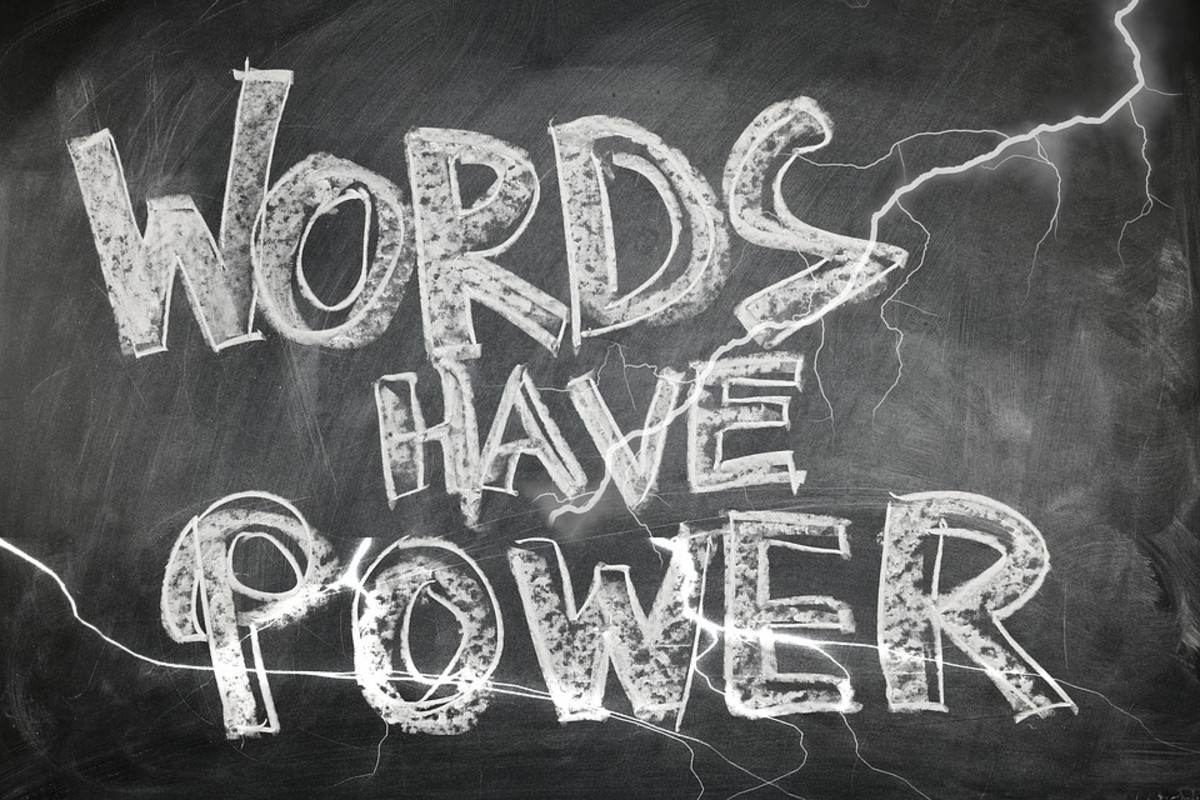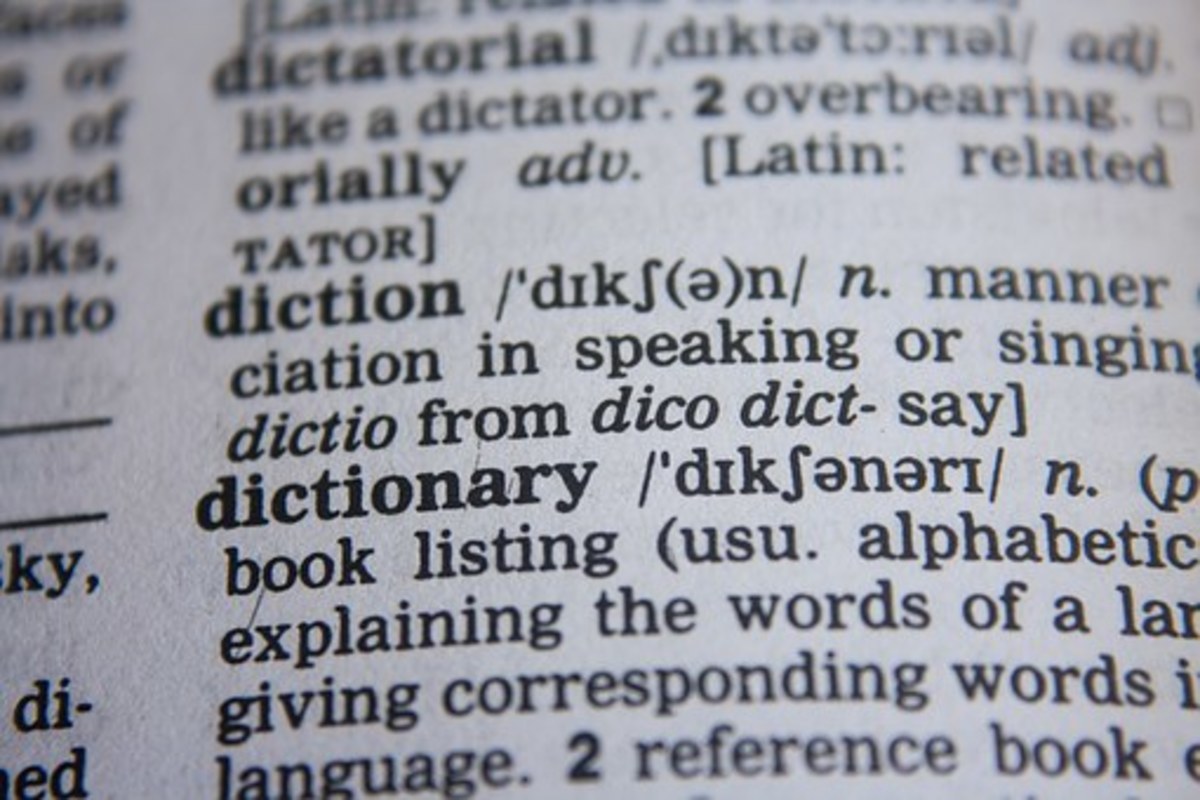"Motherrubber," "Bastard," and "Sheet": A Linguistic Autopsy of Three Curse Words

Let me begin by stating that as a native-born American citizen, I am writing from the perspective of American English.
Secondly, let me say that today we are going to do a "linguistic autopsy" on a couple of curse words, "motherrubber" and "sheet," which are presented here in a censoriously altered form, of course.
There is a curious thing about sheet and motherrrubber: They are both swear, "four-letter" words that are double-sided; they have both a positive and negative connotation, depending upon the inflection of the voice.
"Motherrubber"
Let's do motherrubber first. When you call someone a "motherrubber" in an angry tone of voice, you are using the term in its negative connotation. You are using it as an expression of angry condemnation. We might also just note, in passing, that the word---in its original, unfiltered form---also carries implications of incest. That is to say, you are accusing the target of your angry condemnation of "rubbing" his own "mother." That is why the word is a profanity.
And yet, it is also just as true---and curiously so---that when you say the word "motherrubber" in a friendly way, it is understood to be a comradely. You are actually saying something nice about a person, or giving someone "credit" (I.e., for shrewdness, for ambition, for the ability to "hold" his liquor, for getting a good deal on something, for improving his golf game without anyone noticing; it can be absolutely anything that triggers the word, "motherrubber" as a kind of praise).
"Bastard"
Now that I think about it, the word "bastard" fits this double function. Actually it has a triple function, which is quite curious.
1. The term "bastard" was for a long time, the "technical" term applied to sons born to parents who were not married to each other and never had any intention of marrying each other. In this instance, the word does not function as a swear word.
2. It becomes a swear word when it is used to express angry condemnation toward someone. It is, like "motherrubber," an indictment of the quality of your origins, by way of indictment of the quality of your mother again.
3. Both previous connotations are left behind when the term is used as a kind of praise or compliment. One might say, for example: "What do you know about Frank? Bastard hit the pick six last week for two hundred thou." You're saying that Frank is a "lucky bastard" who won two hundred thousand dollars by playing the lottery, again.
Make sense so far?
Good!
"Sheet"
1. "Sheet" (altered form) is the profane term for human and animal excrement.
2. In its negative mode the word is used to express angry condemnation at a situation rather than at a specific individual. As you know, the term "bullsheet" (altered) is also used. Example: Man, I got suspended from the baseball team for two games because of 'conduct unbecoming.' This is some "bullsheet!"
3. Once again, as is the case with "motherrubber" and "bastard," both connotations are left behind when "sheet" is used to signify a positive good. Again, it is more directed at a thing or situation rather than an individual. For example, when an "urban youth" hears a new song come across the radio that he really, really, really like: "This is the 'sheet'!" That means something good.
What I am curious about is the following:
- How does a word which openly declares mother-child (son) incest ("motherrubber") become a positive good?
- How does a word that is meant to indict the quality of a person's biological origins---by way of indicting the quality of the mother---become a positive good?
- How does a word used to signify human and animal excrement become a positive good?
The only thing I find myself being able to grab onto, as a model, is the way that oppressed people have taken on the epithets directed at them, and then used them in a proud, self-referential way.
A. Men have called women "beaches" (again, using a self-censorial altered form). That is the direction the word first came from. As you know, "beaches" is the term for female dogs, that is, canines. Species.... something, something "lupus."
But women have taken that aboard; and one will sometimes hear women refer to themselves, as individuals, and their friends, in an affectionate way, as "beaches."
B. As you know, racist whites first applied the "N-word" to African-Americans. Black American men have not wholesale rejected the word. They have taken it on and are perfectly willing to refer to themselves and each other by it, though often times with a slightly altered spelling (an "gga" ending).
C. Heterosexual supremacists first applied the "queer" to gay people. The gay community have not fled from this word. Again, they take it onboard self-referentially, as you know.
There are, of course, other examples, but I hope the point is made.
How do we explain this phenomena?
Well, I can't be sure, needless to say. I could be wrong but I'm going to say that it has something to do with defiance. Basically my reasoning goes something like this:
1. People have pride.
2. People generally cannot be made to surrender their pride, even under extreme pressure.
3. Oppressed or otherwise targeted people will not run away and hide in the face of their oppression.
4. This defiance of the human spirit must have a linguistic component, which sees the wholesale rejection of epithets put on oppressed or targeted people---as a form of running away and hiding.
5. For example, I am saying that there must be something in the female spirit that goes something like this in regard to the term "beaches": Male chauvinists first applied the term "beaches" to women. If women never, ever, ever used the term, leaving it only for men to use---the female spirit would interpret this as the psycholinguistic equivalent of physically trying to run away and hide.
When they point rifles and shotguns at you, stick flowers in them!
By the way,---while we're at it---"beach" (altered form, meaning "female dog," as in, say, "beach in heat") is an interesting term, is it not?
The term "beach's" multiple function is similar to, but not equivalent to the other three curse words under examination.
A. Used one way, the term carries an unmistakable negative connotation. You are calling a human female a female dog. You are making an indictment of her personality in the moment. Or you are making a broad indictment of her personality over time. You may say something like: Julie has turned into such a "beach" ever since she got the promotion to Vice President of Marketing.
You are saying that her behavior has taken a shrill downturn since she got the promotion.
As you know, the term "beach" is often applied to women who are perceived as "bossy." But, of course, when men exhibit similar behavior, it is more likely to be seen as "commanding" or "decisive" or "authoritative," and the like.
B. There is an interesting way that women take ownership of the term. 1) They may used it among their female intimates as a comradely term. 2) Or it may be used to defy the characterization of strong women as "bossy," in the shrill sense; it is used for strong, decisive women to take ownership of their strength and decisiveness, and insist that their leadership qualities are every bit as "commanding" and "decisive" and "authoritative" as men:
"A 'beach' and proud of it!"
All of this brings us back to our three original terms, "motherrubber, "bastard," and "sheet." These terms are not epithets applied to specific groups of people for the purpose of oppression or other discriminatory targeting. They were not repossessed by specific groups of people for the purpose of expressing defiance.
Let's start with the term "sheet."
"Sheet"
Given that this is the profane term meant to signify human and animal excrement,---as well as the properties of the same---it is quite curious that it should acquire a positive connotation as the other side of its function as expressing angry condemnation of a thing or situation. Don't you think so?
I might say something like: That new song by Guy is the 'sheet'! What I'm saying here, of course, is that I like the song a whole lot. Indeed, I believe the song is the very epitome of what "new jack swing" is and should be.
How can we possibly explain this?
I could be wrong about this, but perhaps we can cautiously grope our way along like so:
- "Sheet" is the profane term for excrement.
- The process of evacuation that produces the "sheet," is a normal, healthy bodily process; and any curtailment of its function is a bad thing for health.
- There are times when one feels "backed up," as it were; and when release happens in a thorough way, we feel relieved.
- One can rise from the "throne" feeling ten pounds lighter.
What I am saying is that perhaps we are not referring directly to the substance of excrement, or "sheet," but rather the process by which we are relieved of it?
Does that make sense? In other words, when we refer to "the sheet," in the positive context, we are referring to the gratifying process of release of the thing, rather than the thing itself.
How about that?
Why don't we say: Man, that song is the laxative!
"Bastard"
Suppose I say: Guess who won the Yankee tickets. That lucky bastard Henry!
I am certainly not calling Henry a "bastard" in the negative connotation. But am I complimenting him as much as his luck? Perhaps, if he is the kind of person that "attracts" such luck, then I would be complimenting Henry himself.
But you'll recall, that in its negative connotation, "bastard" is an indictment of a person's biological origins, saying that his biological parents did not legally marry each other. How do you spin that?
Are "bastards" secretly seen as being more "free" than the rest of us, who originated from "properly" married parents? Is that the way in which we secretly perceive them as lucky? Do we somehow, perceive them as being enviably free of the "baggage" of family?
"Motherrubber"
Well, I said before that the very word (in its unaltered form) carries the accusation of incest between mother and son.
Side note: I could be wrong about this, but it is my sense of things that males are, by far, called "motherrubbers," more often than women. It seems to me that the term is hardly ever applied to females. The reason for this may be obvious, or it may not be. But for the purpose of halting our further descent into crudity, let us leave the matter at that.
Anyhoo... this inherent accusation of mother-son incest contained in the word, "motherrubber," brings up the whole Oedipal Complex/Sigmund Freud thing, doesn't it? It was Dr. Freud's opinion that every son had the deep-seated fantasy of killing his father and having sex with his mother. A lot of Greek mythology features the idea that sons come into their own by slaying their own fathers (Zeus slaying his own father, Cronus, for example).
So then, when we apply the term "motherrubber" to someone, in the positive connotation, are we ascribing something of the heroic rebel to that person, one who defies convention to his advantage? Are we ascribing a certain victory over the mundane and oppressively ordinary, to a person we lovingly call a "motherrubber."?
Let's leave it there.
Thank you for reading!







